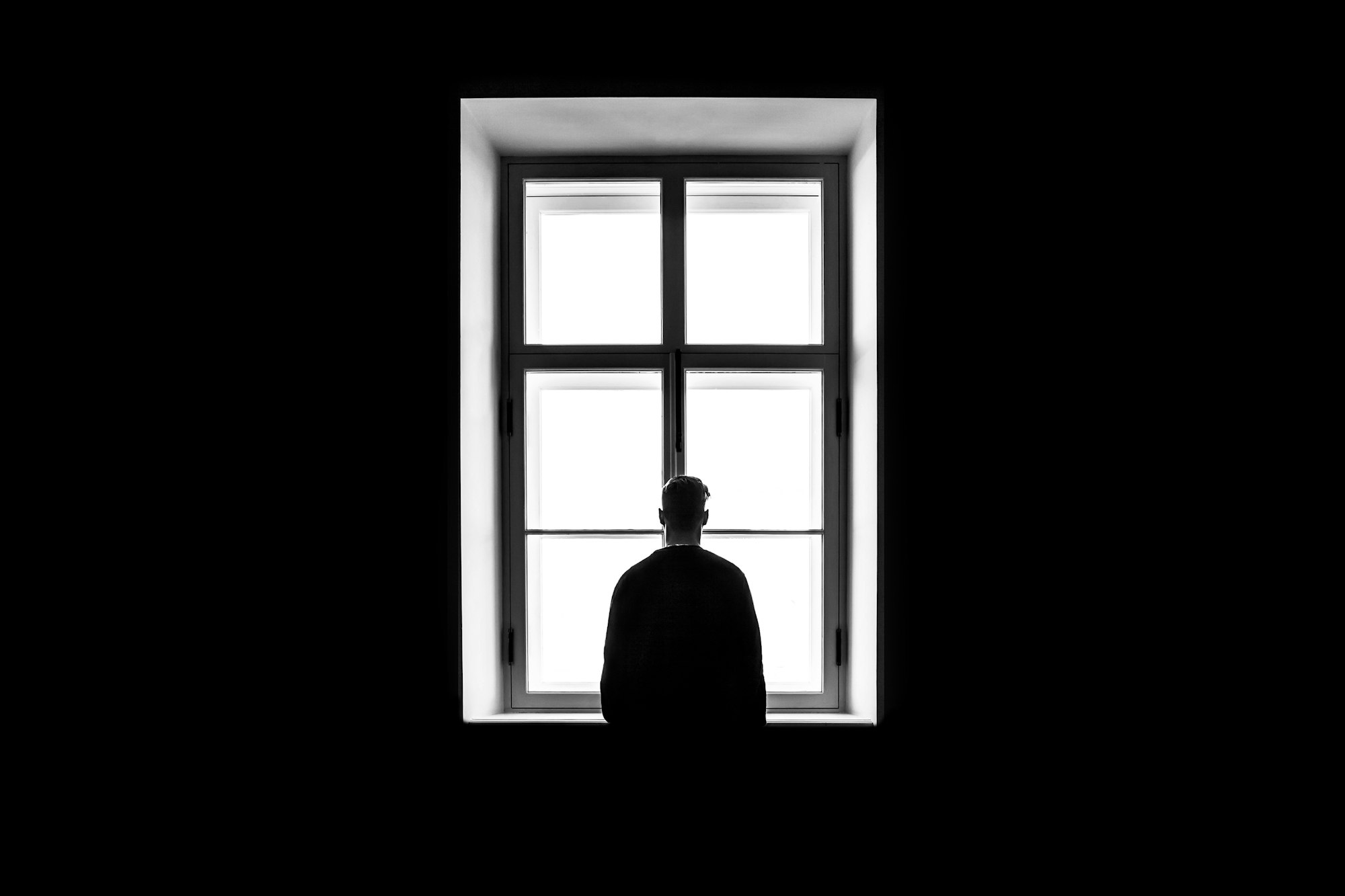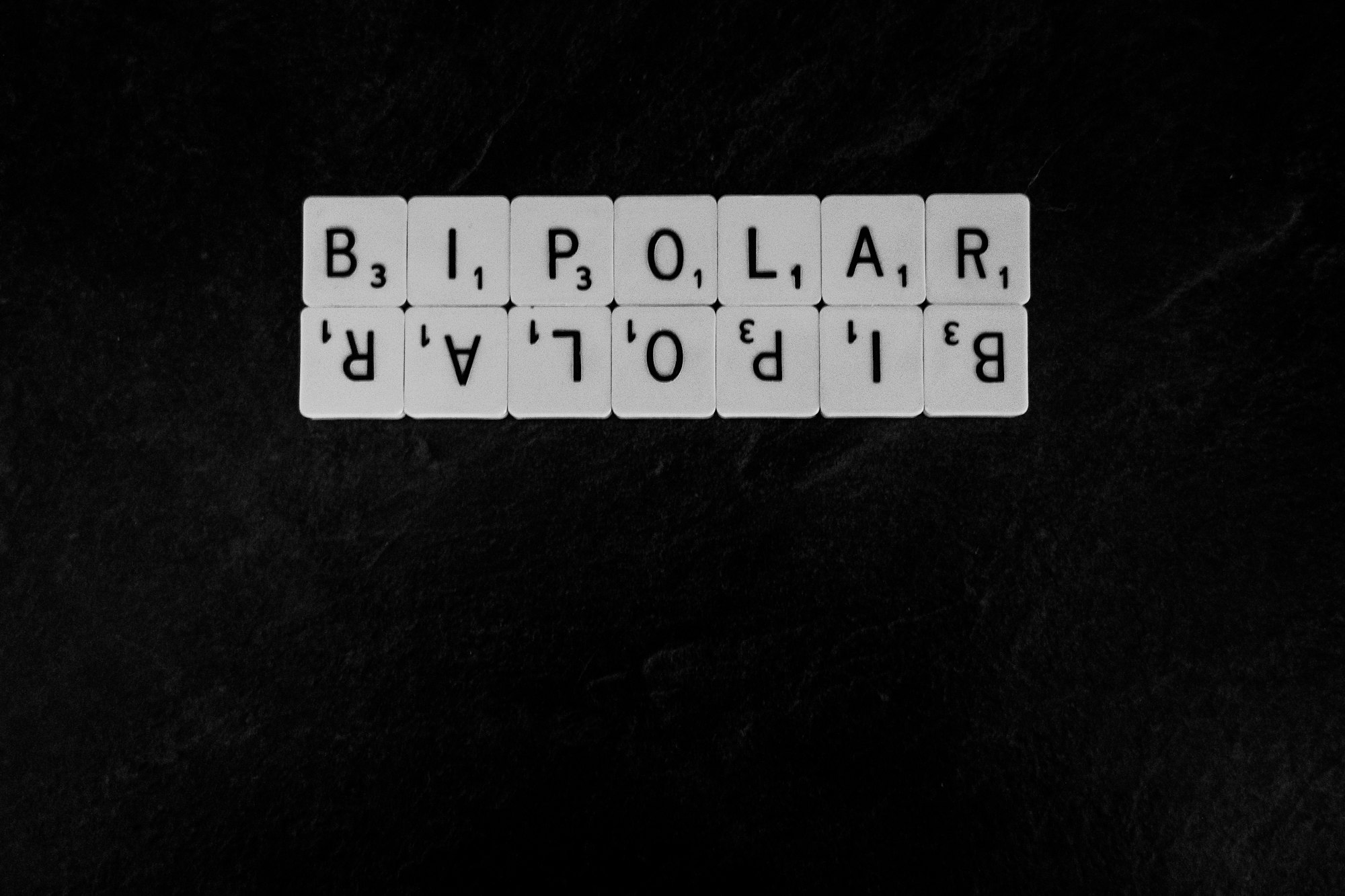What is Depression?
Depression is a serious mental health condition that affects millions of people around the world. It is characterized by feelings of sadness, hopelessness, and a lack of interest in things that were once enjoyed. Depression can also cause physical symptoms such as fatigue, changes in appetite and sleep patterns, and difficulty concentrating.
There are several different types of depression, each with their own set of symptoms and causes. Major depression is the most severe type and is characterized by persistent feelings of sadness and hopelessness that last for at least two weeks. Persistent depressive disorder, also known as dysthymia, is a less severe form of depression that lasts for at least two years. Bipolar disorder, also known as manic-depressive illness, is a type of depression that is characterized by cycles of depression and mania, a state of elevated or irritable mood.
The exact cause of depression is not known, but it is believed to be a combination of genetic, biological, environmental, and psychological factors. People who have a family history of depression are more likely to develop the condition. Other risk factors include stress, trauma, and certain medical conditions such as thyroid disorders or chronic illnesses.
Depression can be treated through a combination of psychotherapy, medication, and lifestyle changes. Therapy, such as cognitive-behavioural therapy or talk therapy, can help individuals learn coping strategies for dealing with negative thoughts and feelings. Medication, such as antidepressants, can help to balance the chemicals in the brain that are thought to be responsible for feelings of sadness and hopelessness. Lifestyle changes, such as regular physical activity, eating a healthy diet, and getting enough sleep, can also help to alleviate symptoms of depression.
It's important to note that depression is a treatable condition, and with the right combination of therapy, medication, and lifestyle changes, individuals can effectively manage their symptoms and lead fulfilling lives. However, seeking help is important, as depression left untreated can lead to serious consequences, such as suicide.
Many people struggling with depression may feel embarrassed or ashamed to seek help. They may also feel hopeless that they will ever get better. However, it's important to remember that depression is a common and treatable condition, and that with the right help, individuals can and do recover. If you or someone you know is experiencing symptoms of depression, it's important to seek professional help as soon as possible.
In summary, depression is a serious mental health condition that can manifest in a number of ways and has multiple causes. There are different types of depression, and treatment options vary, but usually include therapy, medication, and lifestyle changes. Seeking help early is important for recovery and to prevent severe consequences.
Signs and Symptoms of Depression
The signs and symptoms of depression may vary from benign to severe. The sooner you recognize them, the sooner you can seek support and recover. You may also help a loved one cope better.
Causes of Depression
Depression may be caused by a wide range of factors.
Common Types of Depression
Major Depressive Disorder

Persistent Depressive Disorder

Bipolar Disorder

Seasonal Affective Disorder

Treatment of Depression
Depression may be treated in a number of different ways.







